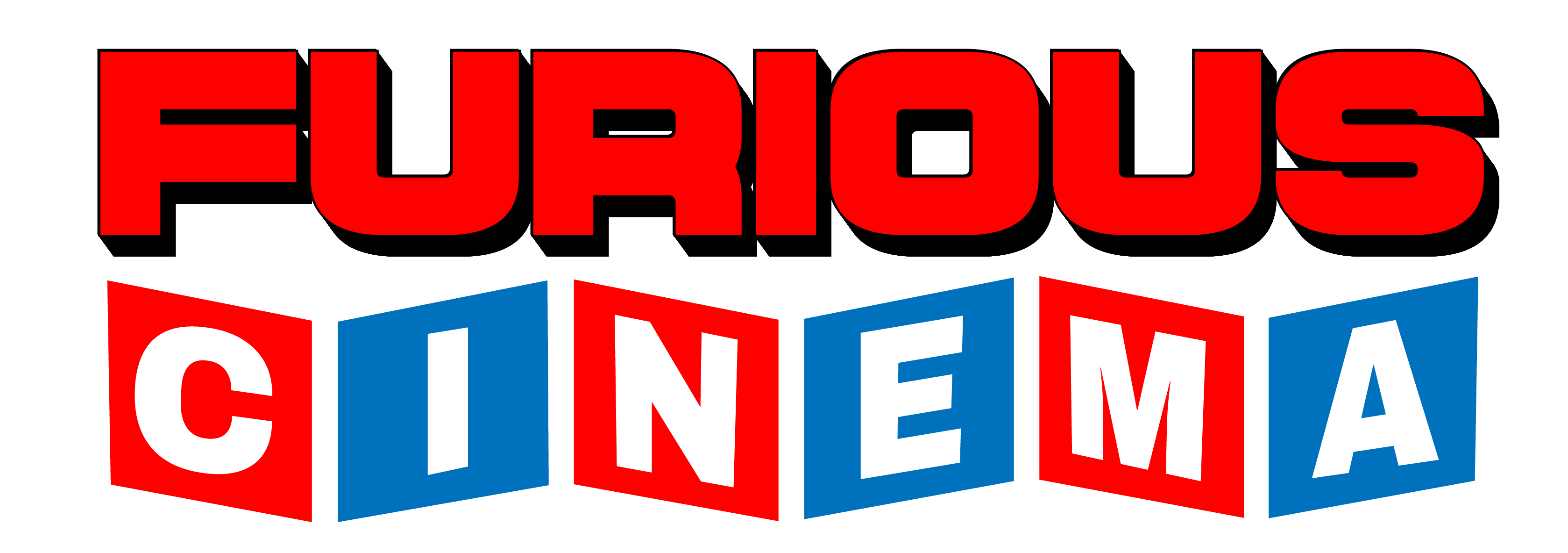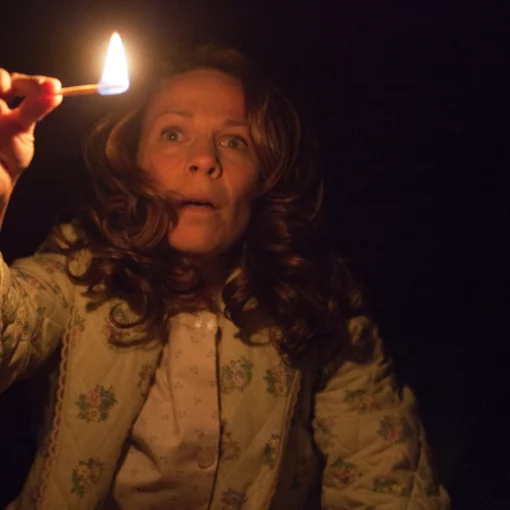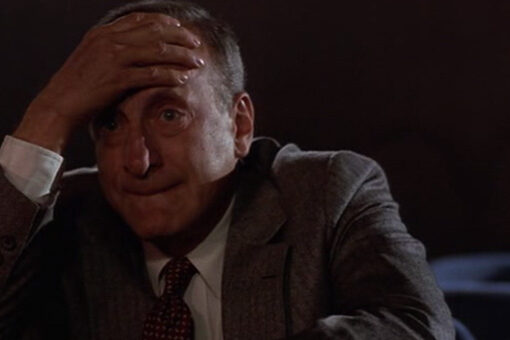Red Sun (Rote Sonne) is a 1970 crime flick by Rudolf Thome starring Munich’s legendary Rolling Stones groupie sensation Uschi Obermaier.
Peggy (Uschi Obermaier) shares an apartment in Munich with some other girls. Her former boyfriend from Hamburg, Thomas (Marquard Bohm) arrives in town looking for a change in life or a job or something along these lines. While he enjoys staying at Peggy’s commune-like home, he starts to realize – far too late – that something is terribly off. The girls are secretive about what it is they actually do for a living, and around them men start ending up dead or missing. He starts to wonder if he might be next….

Not to be confused with the French-Italian Western of the same title, Rote Sonne stands out among the few counterculture auteur films of the “Bavarian New Wave”. Radiance Films should be applauded for bringing this to more people’s attention. I’m not saying this as a German but as a cineaste – French cinema, Italian cinema, Hollywood cinema, even UK cinema from the 60s, it’s all rather well explored by now, but German post-war cinema is in many facets still somewhat of a mystery even to German audiences born after the late 80s. There was more to the output of filmmakers than the Schoolgirl Report series, the Karl May westerns or don’t-do-drugs movies like Christiane F., some of them being the grindhousey flicks of Rolf Olsen (Bloody Friday for example) or Roland Klick (Deadlock). Another are the films of Rudolf Thome, not a well known name, even though as the liner notes to this edition emphasize, he had quite the output. Other names like Wim Wenders (Paris, Texas), Rainer Werner Fassbinder (Berlin Alexanderplatz) or Werner Herzog (Aguirre) became more famous.
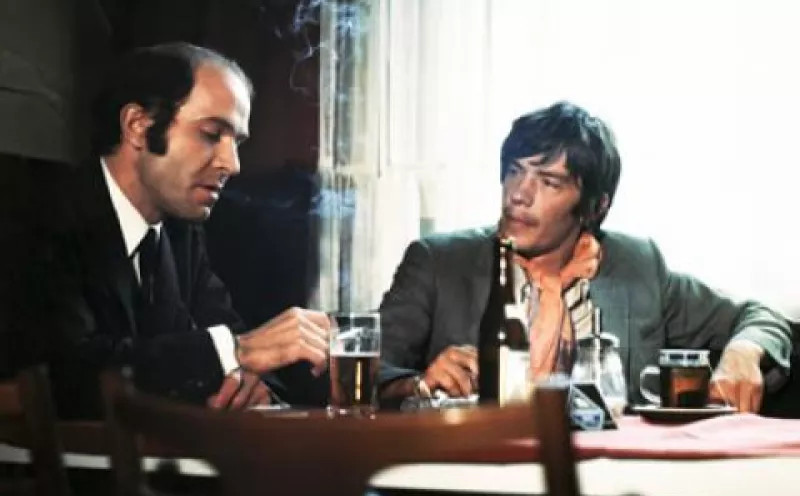
For Thome, this was only the second feature film. He has made about 25 more since, none I have ever heard of (to my shame, but a lot of them may have been TV productions). I digress, but one problem with German cinema is that most of the little money there is for it goes into television, starving courageous and creative theatrical projects of much needed venture capital and saturating the market for German-language films while theaters are awash in Hollywood fare. Red Sun is all cinema, while not able to utterly hide its low budget roots and sensibility. His direction here is clever, shielding the audience from most information rather than employing the often used omniscience that dominates modern filmmaking. Until the end we’re not sure if Thomas may even be a detective of sorts, or if there’s more to the girls’ killing spree. We never really find out.
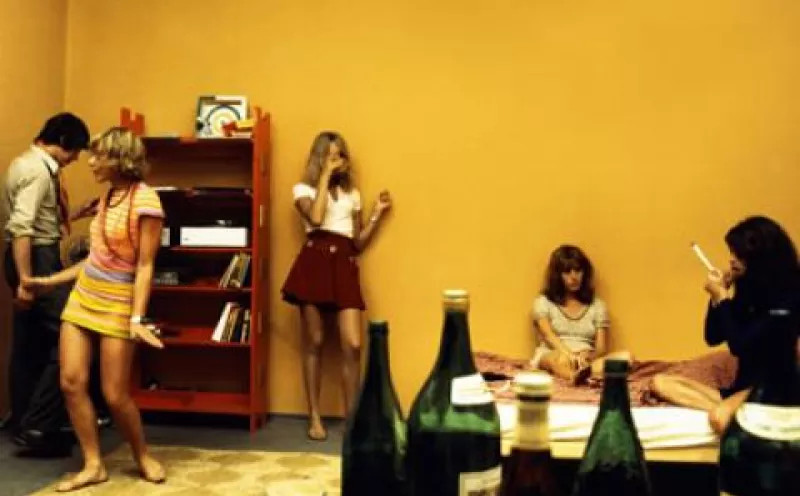
For Obermaier, who is better known as a groupie and hippie icon than a proper actress, this was a convincing vehicle. She’s not only a vivid screen presence, she also pulls off the rather complicated character of Peggy and does so while maintaining both her hippie alter ego appearance as well as looking rather fetching doing so. It’s a mysterious something that surrounds these girls, and especially her, helped by the film’s rather restriced depiction of Munich night life of the time, with recent documentaries about the Schickeria being much more blunt and graphic about what transpired than this rather timid affair. Some booze, some sideboob, some language, but overall this is a movie that could play the afternoon TV schedule. Bohm, as much as he tries to be some kind of bum version of a 60s Belmondo, is a rather off-putting fella. He adds a good dose of “ew” to an already male-phobic subtext of this script, as the girls kill men because they deserve it. One begs to wonder, does he? If there’s one thing to criticise it’s the large degree of improv that seems to have taken place, with dialogue seeming rather wooden or illogical, not helped of course by the post-dubbing which means we’re not even hearing Uschi’s real voice by the way.
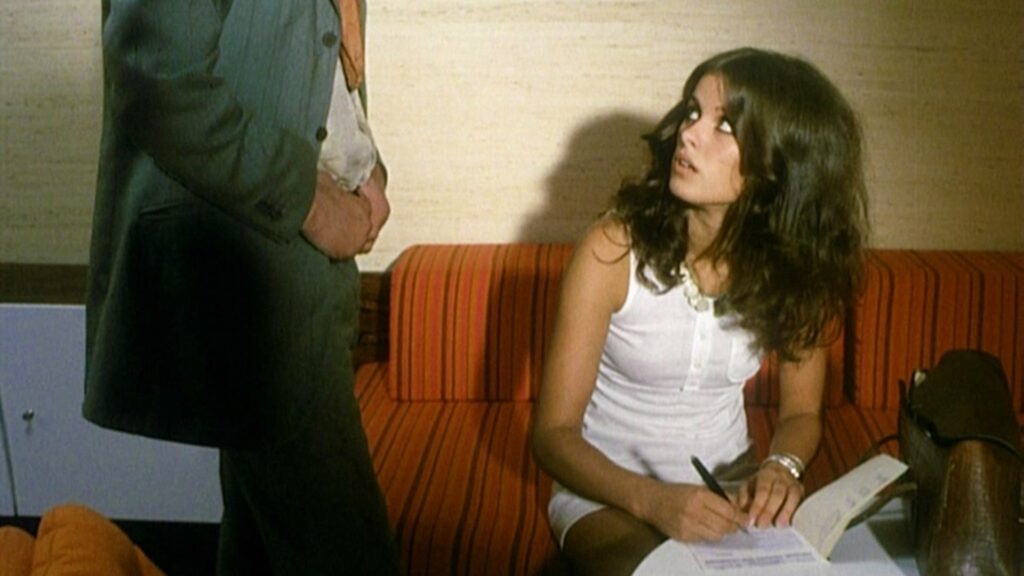
Aside from those matters of substance, the movie looks and feels great and is a fantastic example for late 60s, early 70s aesthetic. The liner notes call this a “pop fantasy focused on the post-’68 and women’s liberation movements” and go on to state that “Red Sun was compared to a comic strip by Wim Wenders and is a beautiful art-genre collision that is both brilliantly bizarre and provocative.” These are big words but there’s much to be admired about this film in relation to exactly these observations. Now this is of course not the only, but I find one of actually rather few, films of this kind from this area out of Germany. The Munich schickeria, the post-68 movements and all these aspects seem to have not translated onto celluloid to an extend comparable to how New Hollywood has transformed Hollywood for example. Maybe the revolutionaries didn’t see the movie camera as a tool of their choosing, it wasn’t the art form of choice – despite initiatives such as the Oberhausen Manifesto. Even today, cinema (as defined by filmmaking rather than movie consumption) in Germany is looked at as a high brow, intellectual affair. But it’s great that more efforts that did exist get rediscovered and this observation could be disproved even, to some extent.
Red Sun is presented by Radiance Films in a restoration overseen by Thome himfself. The BluRay offers this transfer up with rich colors, good contrasts and preserved film grain, with only very few shots of inferior quality or with visible scratches or damages. It’s a pretty looking restoration that does absolute justice to the film. The audio sounds alright, sometimes a bit hissy, but considering it’s a dub there’s much to lament anyway on an artistic level. There are optional English subtitles.

There are a few solid extras on this disc, too. First of there’s a scene-specific commentary with Thome and Rainer Langhans (“Obermaier’s boyfriend and Kommune 1 member who served as inspiration for the film and was on set for the shoot”, I refer you to Wikipedia to learn more about him, the name should ring a bell for students of this time and place). These are about eleven little segments, and they’re presented with English subtitles. The movie audio can be heard in the background. At times these are rather rich discussions, but I feel they would be better placed in a fireside chat situation rather than as a commentary, as much of this isn’t all that scene specific. “Rote Sonne between Pop Sensibility and Social Critique” is a newly produced visual essay by scholar Johannes von Moltke on Red Sun, which looks at the social and cultural influences on the film and provides context for the era in which it was made (2022, 21 mins, English). It’s a concise analysis of what makes the film special. “From Oberhausen to the Fall of the Wall” is avisual essay by academic and programmer Margaret Deriaz tracing the development of the New German Cinema from the Oberhausen Manifesto to the fall of the Berlin wall (2023, 50 mins, English). The manifesto of 1962 was meant to introduce a new German cinema, but as I mention above, I doubt it had the effect intended, at least not in the breadth, volume or even quality for it to make a real mark. This essay is highly informative, well made and entertaining. Absolutely worth watching.
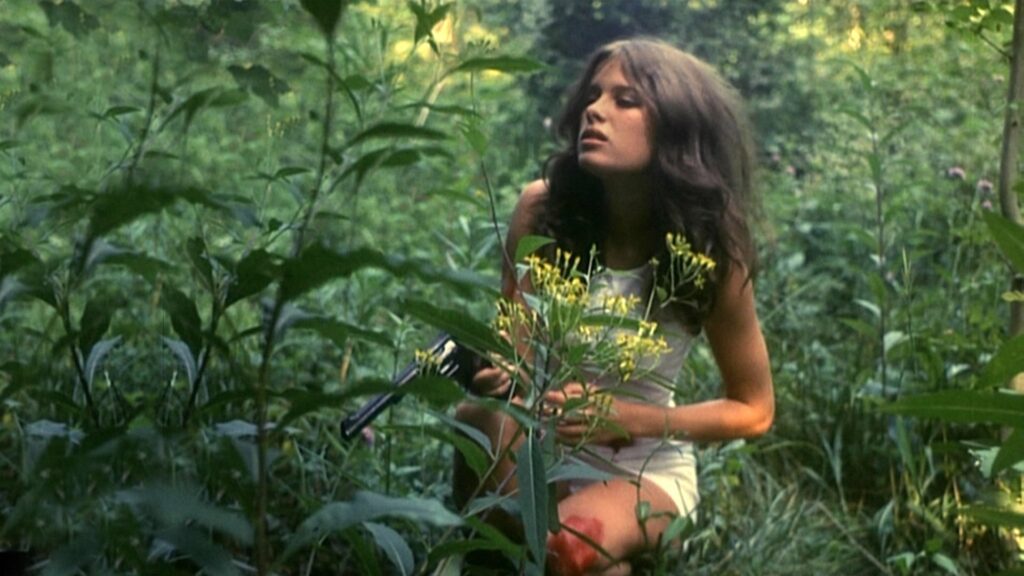
This much welcome, feature-rich edition boasts a reversible sleep with original poster designs and holds a 52 page booklet (unavailable to me for this review) featuring new writing on the film by Samm Deighan, newly translated archival letters by Wim Wenders, critic Enno Patalas and the German Film Evaluation Office on the film’s official submission, newly translated archival interview with Rudolf Thome and an overview reviews. This is a limited edition, a low budget run minus the booklet may arrive at some point.
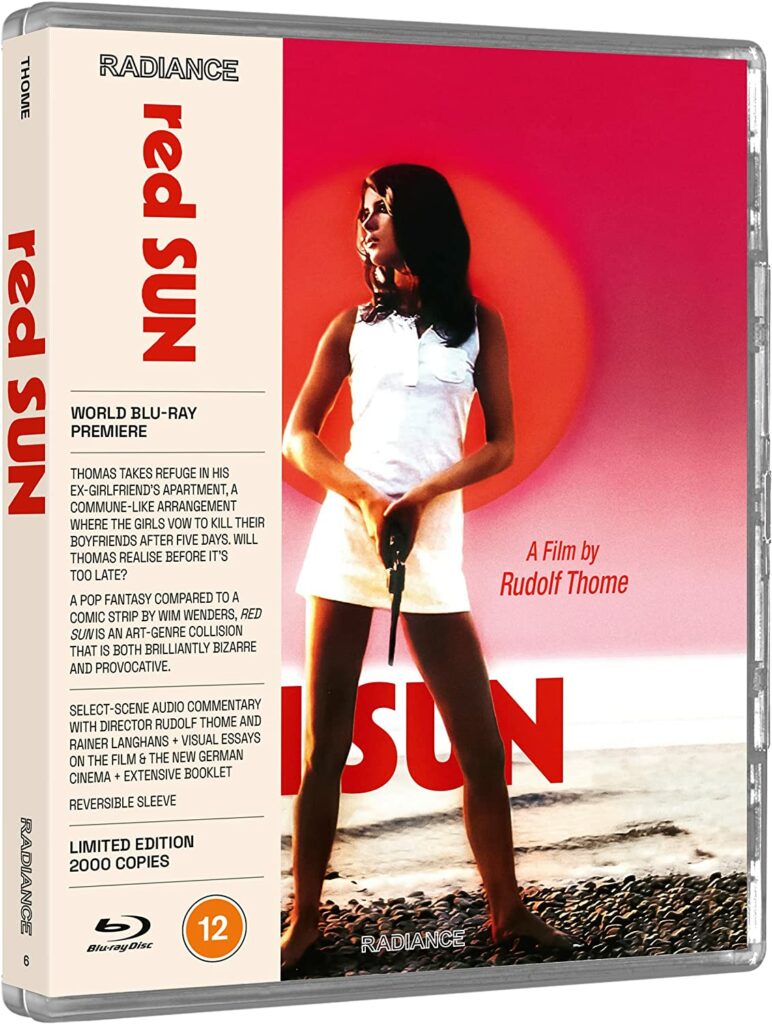

Furious Cinema’s Radiance Films review series. Click to read more.
